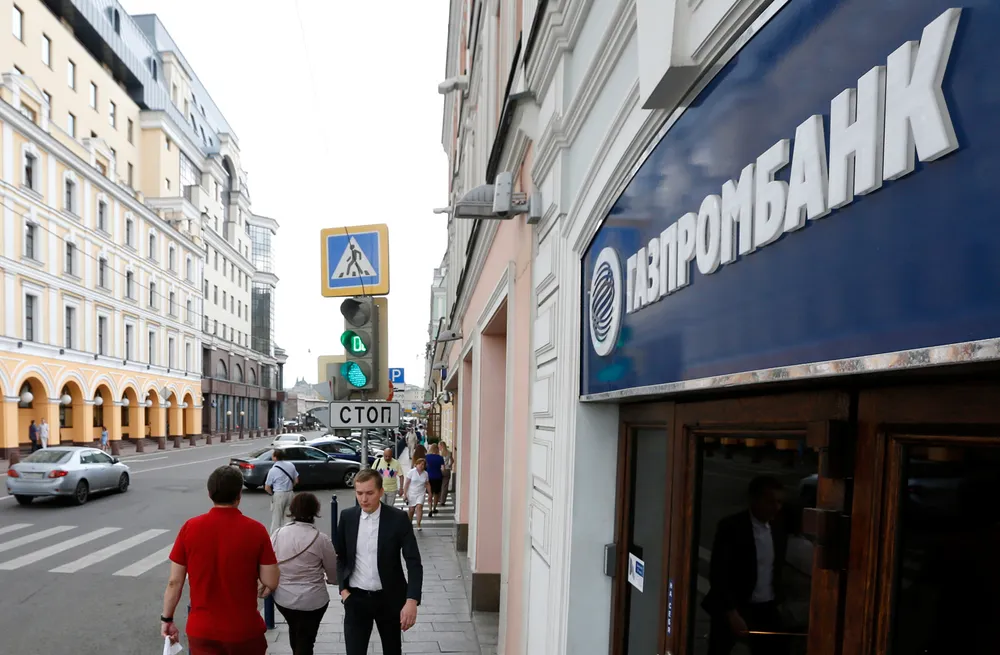Putin decree requries intermediary to handle European gas sale proceeds
European customers may continue using euros and dollars in payments for Russian gas but must establish accounts for this purpose with Gazprombank

European customers may continue using euros and dollars in payments for Russian gas but must establish accounts for this purpose with Gazprombank
